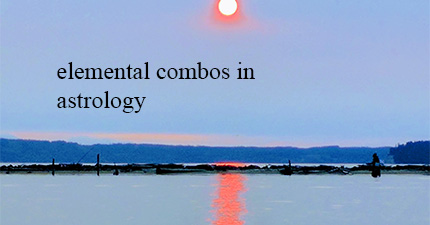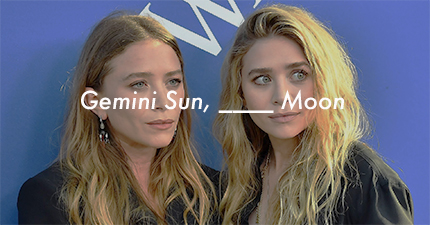Recently, I’ve been really interested in stories that don’t deliver. Well, to rephrase, I’ve always been interested in stories that don’t deliver—love stories where no one “gets together,” adventures where heroes become wretched, and puzzles that are never solved. But, recently, I’ve become more interested in villains who aren’t redeemed and dystopias that aren’t fixed.
There’s a tendency to write moralistically. In the fanfiction world, we call this type of writing issue fic.
Writing a story with a trans character? Make it all about trans rights. Writing a story about sexual violence? Make sure that the wrongness of violence becomes evidence in the plot itself even violence doesn’t always reveal itself in lived reality. Writing a story about an evil assassin? Make sure they don’t end up a killer at the end of the plot.
At the other end of the spectrum, there is also porn without plot. This is nihilistic enjoyment. It’s pure sensation. It’s very hard to write porn without plot because it is hard to write senselessly.
I’ve been thinking about what it means to use a language that has been shaped by cruelty and to use it for your own means. Astrology looks and feels Greco-Roman. It’s gendered. It’s been shaped by conservatism. And, still, people try to make sense and nonsense with each other using it.
When Audre Lorde said that “the master’s tools will never dismantle the master’s house,” she also said that “survival is not an academic skill.” She was speaking to an academic conference of predominantly white wealthy women. She was cautioning the room to which she spoke that replicating the same hierarchies that are used to exclude white women will never help women survive.
What are the master’s tools that Lorde was talking about? Hierarchy and exclusion. Not education. Lorde advocates for education later in the same speech, pointing out a gap in white women’s education about Black women, and asks them why they have not educated themselves.
Education does not belong to the elite. In fact, it is the elite who do not know, who do not educate themselves. Education has existed for a long time. There have always been temples, schools, houses, and libraries where people did their learning.
Sometimes, the entire world feels toxic. You can’t feed yourself without also feeding capitalism. Astrology feels toxic to me often. In our close friends, we talk about who amongst ourselves are toxic as if avoiding some kind of radioactivity will make us more pure. Leftists, in particular, engage in constant self critique as if we believe ourselves to be toxic.
During the so-called Enlightenment, Europeans appropriated everything. Their political structures were based on Asian governing principles, they appropriated freedom from the Wendat, naturalism from Tibet, dialecticism from West Africa, and so on. Almost everything that we know of as the West today were not built by western people but by people who were exploited by the West.
To act as if the world is toxic, to pretend that we cannot imagine ethics unless we seclude ourselves from everyone and everything, is basically letting the West get away with its theft. It’s saying, “this is your world and we have to go build our own.” No. This was never a world that is only defined by power. This has always been a world that creatively negotiated and changed power relations experimentally.
Feeling like it is possible to seclude yourself away from everything and everyone who is toxic is a kind of alienation. In the Book of Revelations, the rich hide themselves inside the earth and inside the mountains away from everyone else. Well, the rich today are building underground bunkers, aren’t they? They assume they can do so because they’ve lived in their gated communities for too long.
I think about this and salvaging waste material. Writing stories while trying to avoid toxic waste is like writing while avoiding tropes. You can’t do it because your imagination lives in this world—not a pure world where everything is moralistic and good and pure. It lives in this world and you get to use the things that you have seen and remember to convey it.
There’s a Christian idea around salvaging, around salvation. You’re supposed to purify things before they’re useful again, acting like the world is more toxic than you are. But what if that isn’t quite true?
I think that it is okay to write a story in which an evil person is redeemed as long as you enjoy it and you don’t write it that way simply because you feel that you ought to or because you think that those are the only stories worth telling. I think that it is okay to write senselessly when you want to, to write chaotically, and to write to create more questions than you try to answer. I think that it is okay to write something that confuses and bewilders, stories where there is absolutely no moral outcome and in which no one learns a lesson.
I think that we need those stories because we actually have no idea what it means to be moral or ethical. We shouldn’t. It’s always something that we make up again and again, in order to accept change. The reason we make stories is not because we are trying to teach lessons but because we live. Living is not always perfectly meaningful, well purposed, and suitably motivated. Often, you find yourself living without a purpose trying your best to accept a world that seems toxic only because it has survived alongside you.
1 of 187
>>>


